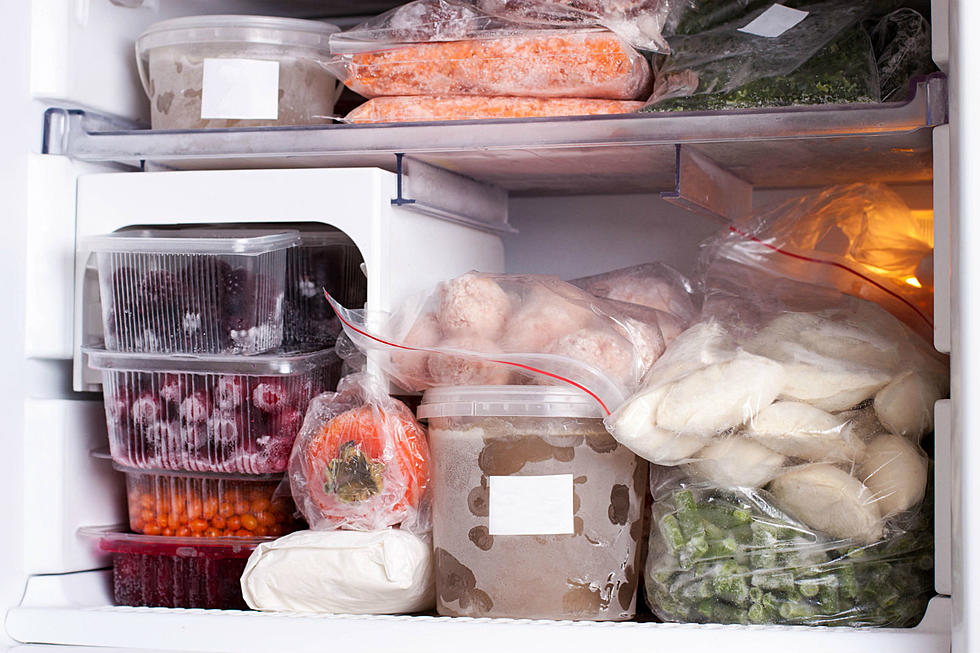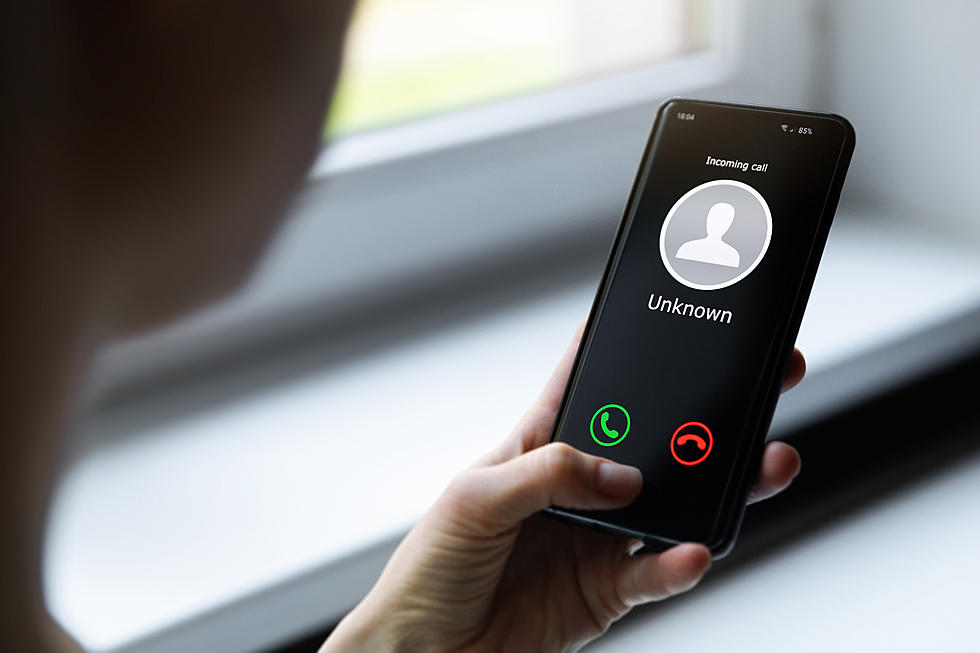
PSE&G will pay back some customers for lost food, meds after storm
Thousands of PSE&G customers who lost power for several days due to Tropical Storm Isaias have a chance to be reimbursed for spoiled food and medication, the company announced Monday.
The state’s largest utility has expanded its claims policy due to the COVID-19 pandemic, so that customers without electricity for at least 72 hours between August 4 and 12 can seek money for lost items, according to a written press release.
PSE&G will reimburse residential customers up to $250 for food spoilage and a separate maximum of $300 for spoiled medication. Commercial customers could recoup up to $5,000 for spoiled food, with valid proof of loss, according to the utility.
It's a reversal of the company's standard policy, which stood as recently as last week.
As of Monday, JCP&L still maintained a policy of no reimbursements for such spoiled goods. “JCP&L has not reimbursed customers for food and medicine for past severe weather events, like Hurricane Sandy. We continue to suggest inquiring with your insurance company to determine if your policy covers such losses,” a JCP&L spokesman said Monday.
The tropical storm knocked out power for well over 1.3 million customers around New Jersey — more than 575,000 of them served by PSE&G, making it the fifth-most destructive storm in the company’s history.
“We recognize that losing power in August, together with the challenges of the COVID-19 pandemic, was a hardship for many of our customers,” PSE&G President Dave Daly said. “Given the unique combination of circumstances, we believe the right thing to do is to expand our claims process to ease the burden on the customers most impacted by Tropical Storm Isaias.”
PSE&G declined further comment Monday.
For residential customers of PSE&G, food spoilage claims of $150 or less must include an itemized list. Food claims over $150 must include an itemized list and proof of loss, such as cash register tapes, store or credit card receipts, canceled checks or photographs of spoiled items.
Separately, customers could be reimbursed for up to a maximum of $300 for prescription medications that spoiled due to lack of refrigeration. Customers must provide an itemized list of the medications and proof of loss, such as a pharmacy prescription label or pharmacy receipt identifying the medicine.
Commercial PSE&G customers applying for reimbursement must supply an itemized list of spoiled food and proof of loss, including invoices, inventory lists and bank statements.
Claims can be submitted online, not over the phone, until Sept. 16. Reimbursement was expected to take up to 60 business days from when a claim was completed and sent in.
Atlantic City Electric customers can submit a claim online for lost items, as well. A spokesman said the company handles and evaluates each claim on a case-by-case basis, while also encouraging customers to check with their insurance provider for any coverage.
Con Edison, the parent company of Orange & Rockland, which serves Bergen, Passaic and Sussex counties, previously said it would reimburse customers for food and prescription medicine spoilage if they lost power for 48 consecutive hours or longer.
There also has been proposed legislation that would require all power companies that serve New Jersey to reimburse customers for lost food or medications requiring refrigeration resulting from extended outages of beyond 48 hours.
Utility customers could recover up to $500 for spoiled food and up to $1,000 for the cost of compromised prescription medications under the measure introduced Thursday by Sen. Christopher "Kip" Bateman, R-Somerset. Sen. James Holzapfel, R-Ocean, also is a primary sponsor of the bill, according to Bateman's office.
Customers would be required to submit an itemized list of spoiled goods and proof of loss to their respective electric utility, under the measure.
“This bill would create an additional incentive for power companies to get the lines charged quicker,” Bateman said in a written statement. “There is no excuse for electric customers going without lights for as much as a week or more, but that has been the reality for too many New Jerseyans recently.”
With previous reporting by Dan Alexander
More from Townsquare Media News:

More From Beach Radio










